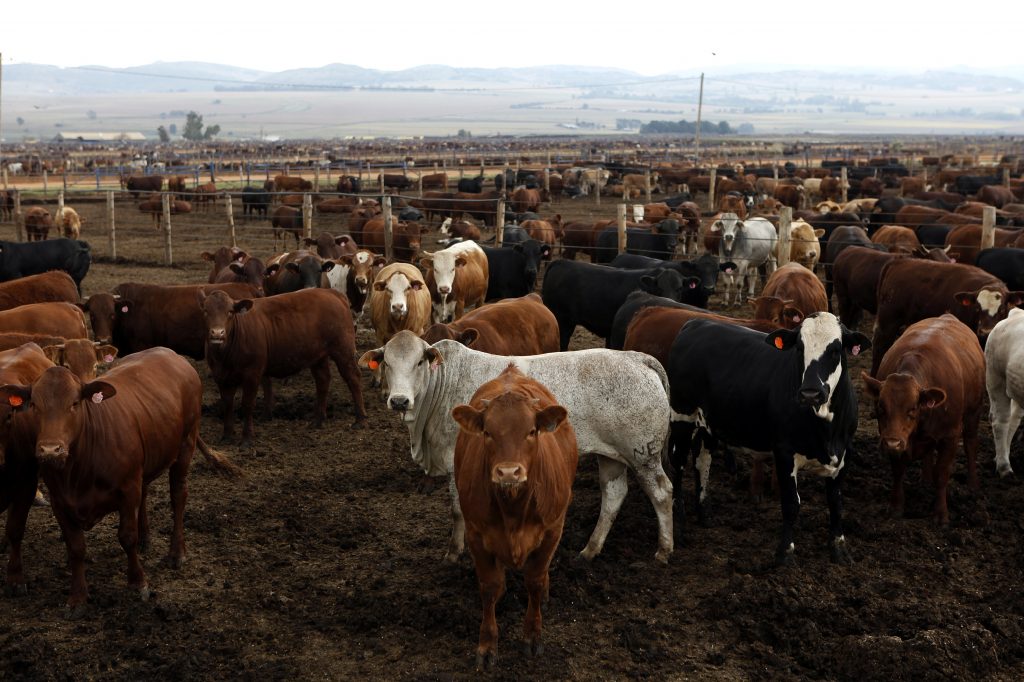
Norway has emerged as a major importer of Eswatini beef, offering a valuable opportunity for local farmers and agribusinesses to expand their exports and earn foreign income.
This was revealed by Skhumbuzo Mbuyisa, Senior Manager of Business Incubation at the Small Enterprises Development Company (SEDCO), who spoke to this publication after initially delivering remarks at the MTN Eswatini Q2 Business Connect Session held at Mountain View a few weeks ago.
“There is a huge demand for our beef exports in Europe, especially in Norway. They have emerged as a major market for us, and we are currently failing to meet that export quota,” he said.
Mbuyisa added that Europeans are attracted to Eswatini beef because of its organic nature, as it lacks the chemical additives often found in Western cattle.
“Norwegians like our beef because of its organic nature. It’s not like the cattle that contain various additives. Our cattle just graze and grow on organic grass, and this is what they want,” he said.
“Many emaSwati families still keep cattle at their homesteads. These cattle could be turned into export revenue to boost the local economy.”
He also mentioned that the kingdom has a trade agreement for beef with Taiwan, established last year, which should be fully utilized.

“Barring the recent Foot and Mouth outbreak, the kingdom continues to find international markets eager to import beef, and it is up to us to explore these options. Records show that most exports come from large companies mainly dealing with sugar, essential oils, and apparel. Therefore, we, as SMEs, need to focus on the beef market.”
Mbuyisa pointed out that Eswatini and SMEs are not fully utilizing trade agreements, such as those under the Southern African Customs Union (SACU), which provide access to multiple global markets.
“These frameworks exist to help us expand beyond our borders, and we must start using them to their full potential. SMEs should contact SEDCO to learn how to become export-ready and to take advantage of all the export opportunities available to us as a kingdom. It involves conducting proper research; what we have discovered is that when we combine forces, it becomes easier for SMEs to start exporting—especially with the right training in areas like quality control,” he concluded.
